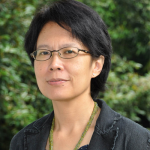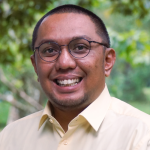Background and context
The escalating climate crisis poses an existential threat to Asia, and particularly to Southeast Asia. Rising sea levels, extreme weather events and shifting agricultural patterns are already disrupting economies and livelihoods across the region. The urgency to transition towards a green economy is not merely a matter of environmental responsibility; it is a fundamental economic and social imperative. Without immediate and concerted action, the region risks irreversible damage to its natural resources, infrastructure and human capital, undermining decades of development progress.
Amidst these challenges lies a transformative opportunity. The shift to a green economy can unlock new engines of growth, innovation and resilience. Investing in renewable energy, sustainable agriculture and circular economies can create millions of jobs, spur technological advancement, and enhance competitiveness in the global marketplace. Moreover, green growth can strengthen social safety nets, reduce inequality, and improve public health outcomes. The transition to a green economy is not a burden, but a strategic investment in a prosperous and sustainable future for Asia.
Southeast Asia’s tropical countries face unique vulnerabilities and opportunities in the pursuit of green growth. Their rich biodiversity, abundant renewable resources and growing consumer markets provide fertile ground for green innovation. However, the region also grapples with rapid urbanization, infrastructure deficits and varying levels of development. A nuanced understanding of these complexities is essential for designing effective policies and investments. This session will facilitate knowledge sharing, collaboration and the development of tailored solutions that address the region’s specific needs and aspirations.
Objectives
- Promote land-based sector collaboration between national and subnational governments in tropical areas heavily impacted by climate change;
- Share lessons learned from Indonesia and Viet Nam on inclusive and integrated development of green economic growth plans;
- Demonstrate alternatives to single commodity sustainability standards through jurisdictional sustainability as part of a common but differentiated responsibility.
Contact person: Tikah Atikah, t.atikah@cifor-icraf.org.

























